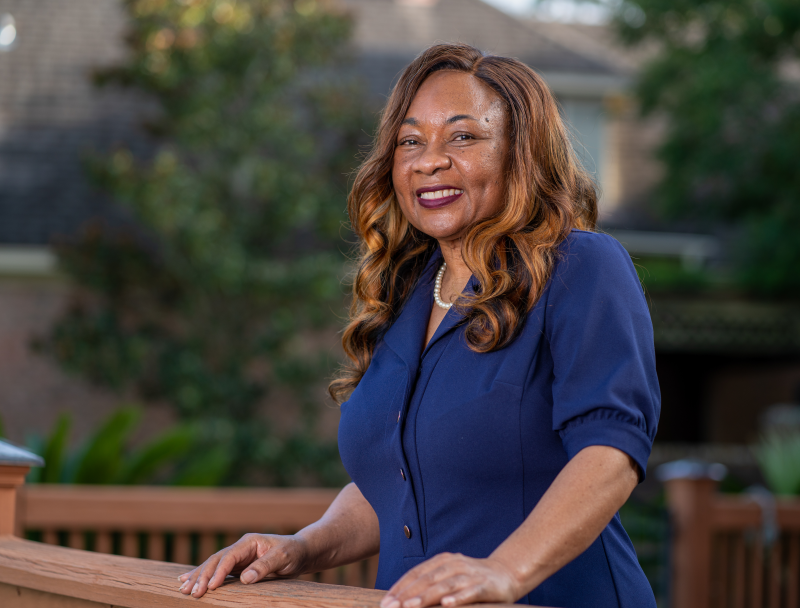Catherine Coleman Flowers unearths America’s dirty secret in her talks about environmental justice, touching on one of the least discussed forms of inequality – equal access to water and sanitation. As Catherine shares, these issues are often “out of sight, out of mind” for most of the United States, but they need our attention. Flowers draws audiences in with her in-depth knowledge at the intersection of environmental issues and systemic race, class, and geographic prejudice.
About the speaker:
Catherine Coleman Flowers is an internationally recognized environmental activist, MacArthur “genius” grant recipient, and author. She has dedicated her life’s work to advocating for environmental justice, primarily equal access to clean water and functional sanitation for communities across the United States.
Founder of the Center for Rural Enterprise and Environmental Justice (CREEJ), Flowers has spent her career promoting equal access to clean water, air, sanitation, and soil to reduce health and economic disparities in marginalized, rural communities.
In 2021, her leadership and fervor in fighting for solutions to these issues led her to one of her most notable appointments yet — Vice Chair of the Biden Administration’s inaugural White House Environmental Justice Advisory Council. Flowers was also named Levenick Resident Scholar in Sustainable Leadership at the University of Illinois for the spring 2021 and was awarded an honorary PhD in science from Wesleyan University.
As the author of Waste: One Woman’s Fight Against America’s Dirty Secret, Flowers shares her inspiring story of advocacy, from childhood to environmental justice champion. She discusses sanitation and its correlation with systemic class, racial, and geographic prejudice that affects people across the United States. She has been featured in The New York Times, The Washington Post, Bloomberg, The Guardian, and on PBS.

About the Justice in Public Health Speaker Series
The SPH Justice in Public Health series is hosted by the SPH Office of Diversity, Equity, and Inclusion and will welcome local and national experts to lead discussion around a wide variety of topics that impact public health and advance health equity.
Who should attend? This series is free and open to the public.
Accessibility. SPH is committed to making its virtual events accessible to everyone, allowing all participants to be fully engaged. To request an accommodation or for inquiries about accessibility, email sphevent@umn.edu. Please make requests with as much advance notice as possible so that the necessary services can be arranged.
Zoom experience. For the best user experience:
- Make sure your Zoom desktop app is updated to the most recent version.
- Log into UMN Zoom to authenticate your Zoom account.
Recording. The Justice in Public Health series will be recorded and shared publicly after the event.

